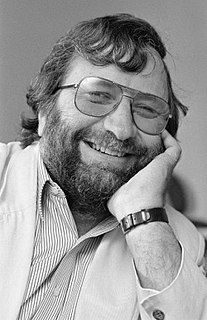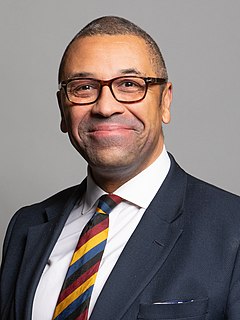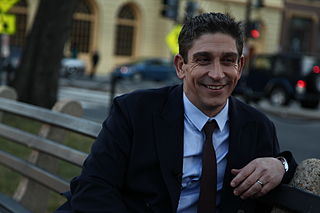A Quote by Michael King
When I was a child in the 1940s and early 1950s, my parents and grandparents spoke of Britain as home, and New Zealand had this strong sense of identity and coherence as being part of the commonwealth and a the identity of its people as being British.
Related Quotes
All over the world today people have a very strong desire to find a sense of identity, and at the same time that's coupled with the rise of absolutely absurd wars that relate to ethnic identity. Perhaps there is something deeply ingrained in people that relates to a sense of belonging, and without that, identity doesn't seem as real as it should.
Being part of The L Word made me realize how much more television can be that what I had experienced in my lifetime in terms of being able to be of service to people. I had so many fans come up to me who were really deeply appreciative of the show and what it had meant for them and their own sense of identity and their own sense of inclusion in our society and in our culture.
One of the things that we've got to understand... is that politics of identity has never gone away. And where people have had a strong identity, geographically, culturally, in terms of their employment... if that's gone and not being replaced by something else, then I think the right-of-centre's got to wake up to that.
If a man has a sense of identity that does not depend on being shored up by someone else, it cannot be eroded by someone else. If a woman has a sense of identity that does not depend on finding that identity in someone else, she cannot lose her identity in someone else. And so we return to the central fact: it is necessary to be.
Kenya is rapidly developing its industry and manufacturing, and its cultural identity as a new country. We had a humongous history pre-British, and when we were colonized and violently reshuffled, we had to decide who we were again. We couldn't rest on the stories and the cultures of our great-grandparents.
The identity of just one thing, the "clash of civilization" view that you're a Muslim or a Hindu or a Buddhist or a Christian, I think that's such a limited way of seeing humanity, and schools have the opportunity to bring out the fact that we have hundreds of identities. We have our national identity. We have our cultural identity, linguistic identity, religious identity. Yes, cultural identity, professional identity, all kinds of ways.








































